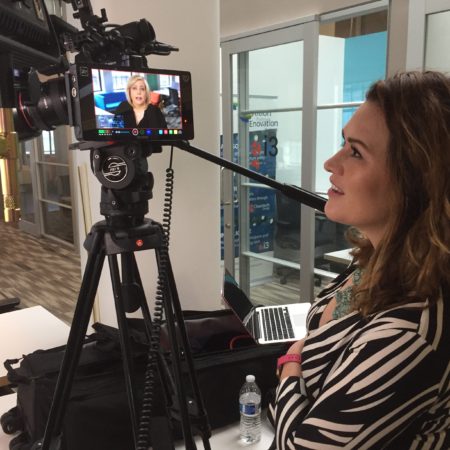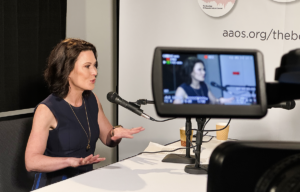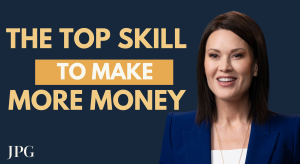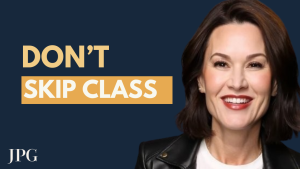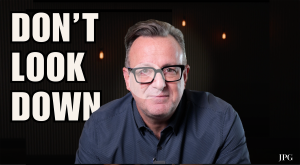So you have a story to tell and you think the news should tell it?
You want to help more people by getting on a major platform like television?
You saw a guy you went to college with, you two have the same amount of experience… yet HE ALWAYS gets interviewed when the news is looking for someone in your industry?
Want “the news” to talk about YOUR company and give it a big boost in sales?
I hear it all the time.
“Why doesn’t the news call me? I have the best (fill in the blank).”
Here’s the BIG SECRET:
If you want it, you have to go get it.
The majority of the time, they’re not hunting down people to interview.
YOU have to make the call, email, text….
So, how do you do that?
Media training.
Media training teaches you:
- How to create a story that is marketable to the media
- How to dig up the marketable, sellable and pitchable story that’s inside of you or your company
- How to present that story to the media
- Who you need to talk to… who the major players are that make the decisions on what story to run, where to run it (and which to delete)
- What to say when you get the booking
- What to wear on TV, in a magazine shoot, for a newspaper shoot, or on radio (seriously… ask me why)
- The best haircut/style for your face on TV
- How to do your makeup for TV so you look alive but don’t look too made-up (and not like yourself)
- How to carry yourself physically during the interview
- Verbal delivery skills
- How to answer a question when you don’t want to answer a question
- How to answer a question when you can’t answer a question (proprietary information, part of an active investigation… or you just don’t know the answer)
- How to frame your message during the interview
- How to get the interviewer focused on the message that you want to focus on
- Where the story will show up
- How long to wait for the story to show up
- How to get your website link on air, in an article or mentioned on the radio
- How to share the story later to take advantage of the media hit and gain more followers (or make more sales)
Media training gives you the skills to develop a strong, clear message that sticks with your audience. It positions you to deliver it effectively and impactfully. Media training is also the best way to develop strong skills when it comes to interacting with the media, making sure your message isn’t lost or misinterpreted through nerves.
Media trainers work with individuals and teams of people.
I am a professional media trainer with 20+ years of experience in TV. (I have a bunch of Emmy Awards too.)
I coach on how to use appropriate body language, strong message building, and how to navigate those uncomfortable questions. The training experience arms you with what you need to effectively and confidently engage with the media.
Not convinced you need it? Here’s a little more …
It puts you in control of your interviews
You’ve seen or heard it before: an interview that is a complete flop. The person being interviewed forgets his or her key points, forgets important information, or flat out stumbles the whole way through.
The journalist may be the one asking you the questions, but in reality, you are in control of the interview. A media trainer works with you on composure and focusing on key messages so you can create the outcome you want in the interview. When your responses are clear and delivered well, you are able to subtly but strongly steer the interview the direction you want.
It teaches you to navigate the hard questions
Even if you are in control of your interview, you are still going to be faced with the hard questions. These questions may put you on the spot and be difficult to answer. With media training, you’re armed with skills to answer these tough questions. Your media trainer will practice these tough questions to prep you and craft answers that help you stay in control of the interview. This helps you feel confident going into an interview that may have particularly tough questions, even if they come at you unexpectedly.
It polishes your personal delivery
When you speak on television, the audience is watching your body language and facial expressions. People pick up on these things and they pay close attention to them. Media training teaches you how to use your words, tone, and body language to deliver your message in a powerful and effective way.
In addition to delivery, media training can help with interviewing anxiety. For those who are terrified by interviews, especially live radio and/or television ones, developing interview skills and confidence can be the most beneficial part of the media training experience. You’ll face every interview head-on without worrying about getting stuck.
Media training helps you even if you have NO desire to be in the media. Because of the training, my clients are better on stage, during job interviews, and presenting in front of small groups at work.

